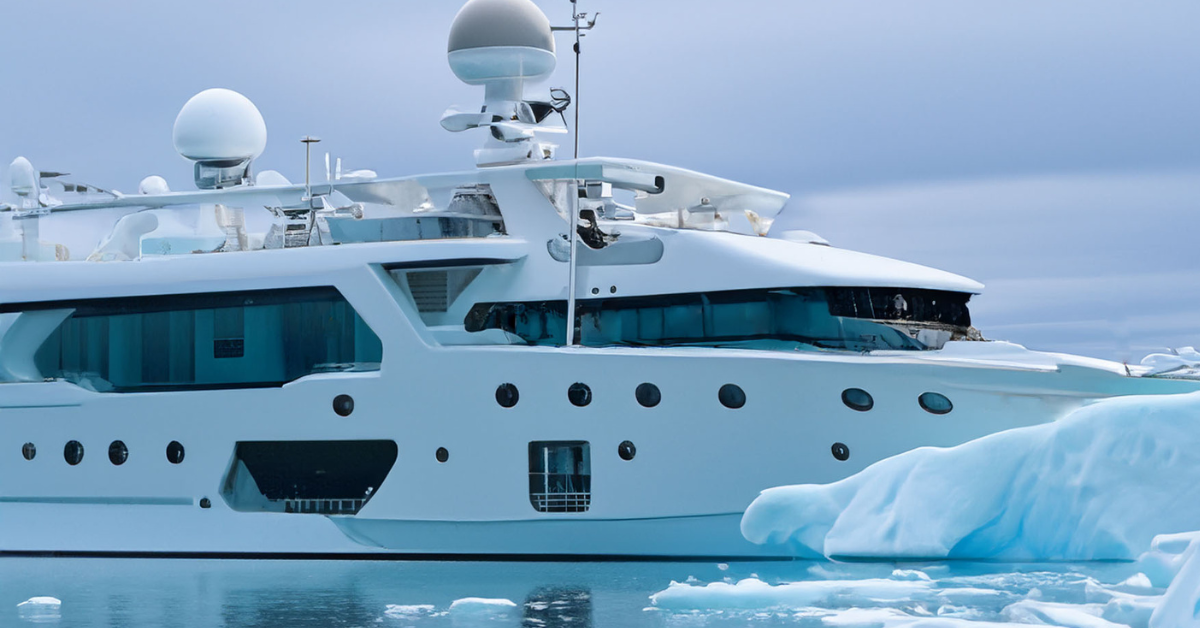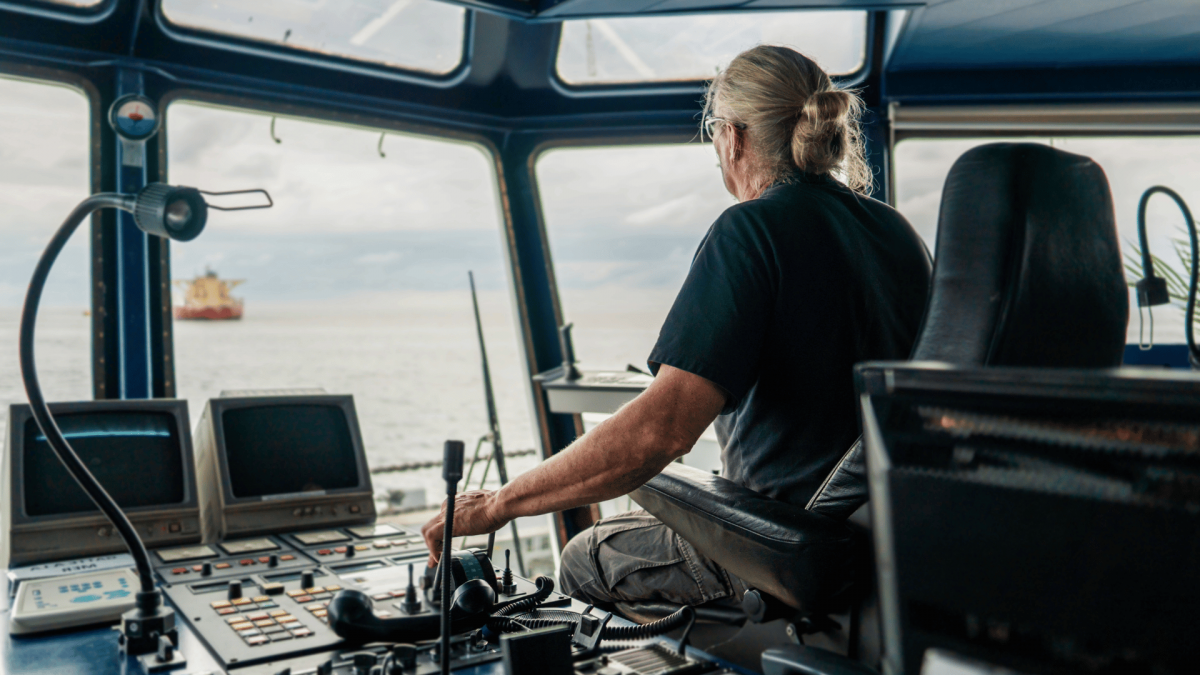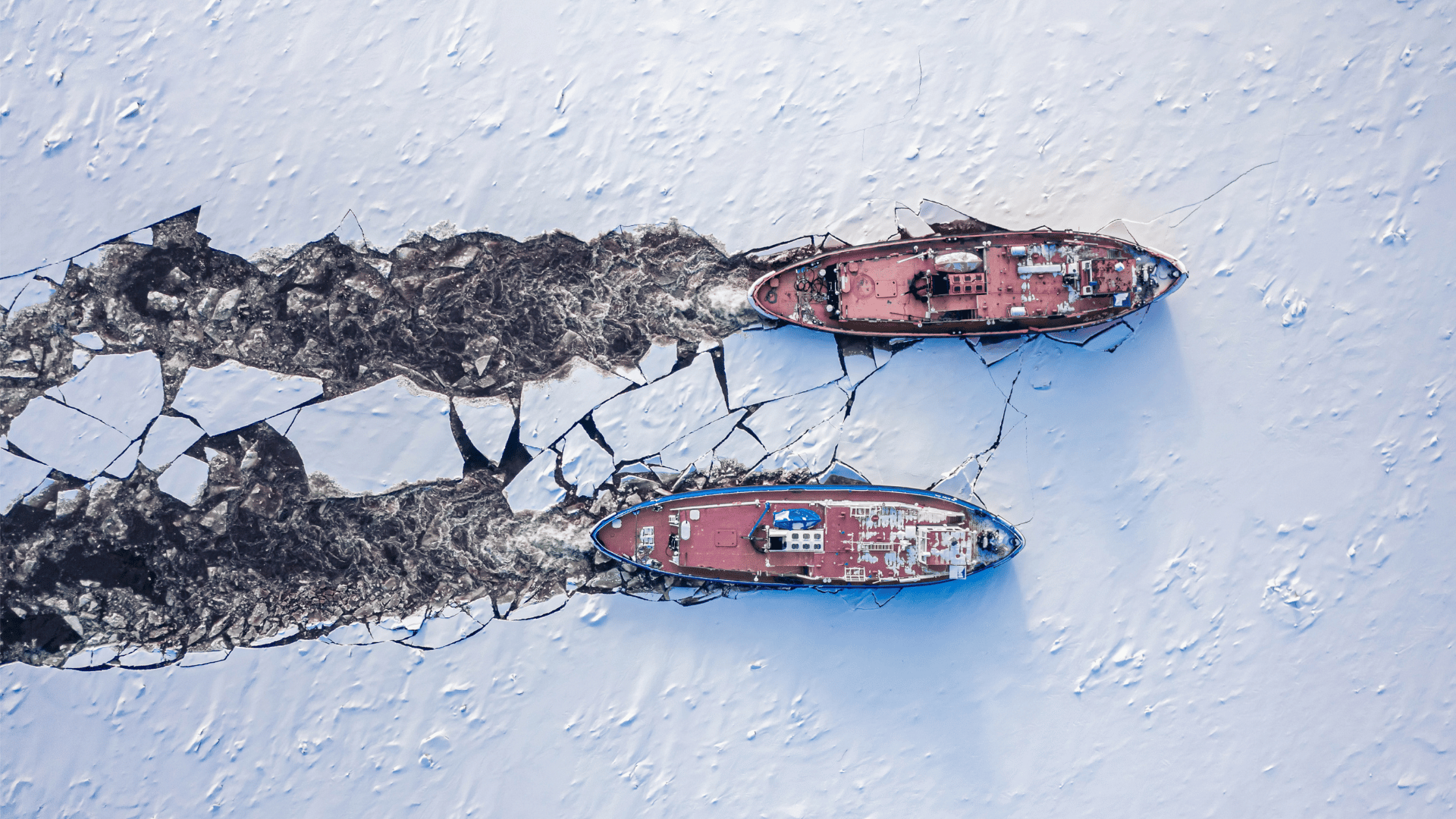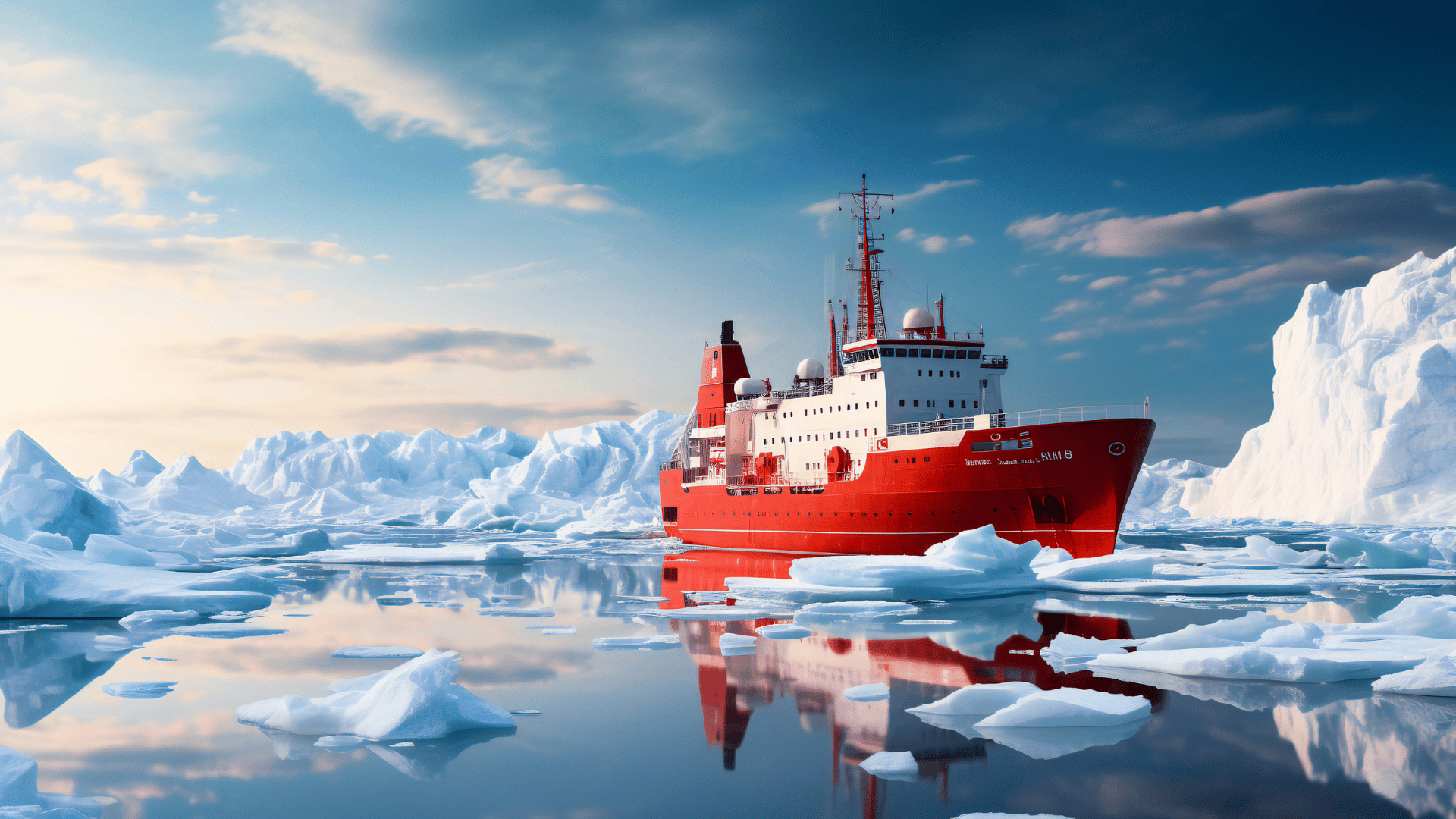Ella Hibbert is an inspirational young woman who has set herself the challenge of solo circumnavigating the Arctic. At just 27 years old, Ella will be embarking on her adventure later this spring.
The Maritime Skills Academy has been closely following Ella’s journey as she refitted her beloved boat Yeva, and has also supported her through her rigorous training by providing Polar Code training from our Portsmouth facility back in 2023:
“The Maritime Skills Academy has a reputation for being one of the leading training schools in
a large variety of courses, along with boasting state-of-the-art facilities and experienced
instructors.As of yet, I have not been into Arctic waters and the bridge simulator that we use during the
Polar code training at MSA will be an incredible way of gaining knowledge about Arctic waters
and conditions whilst still being on English soil.”
To see how far Ella has come since her last write-up (which you can read here) she has kindly detailed her progression in her training and preparation.
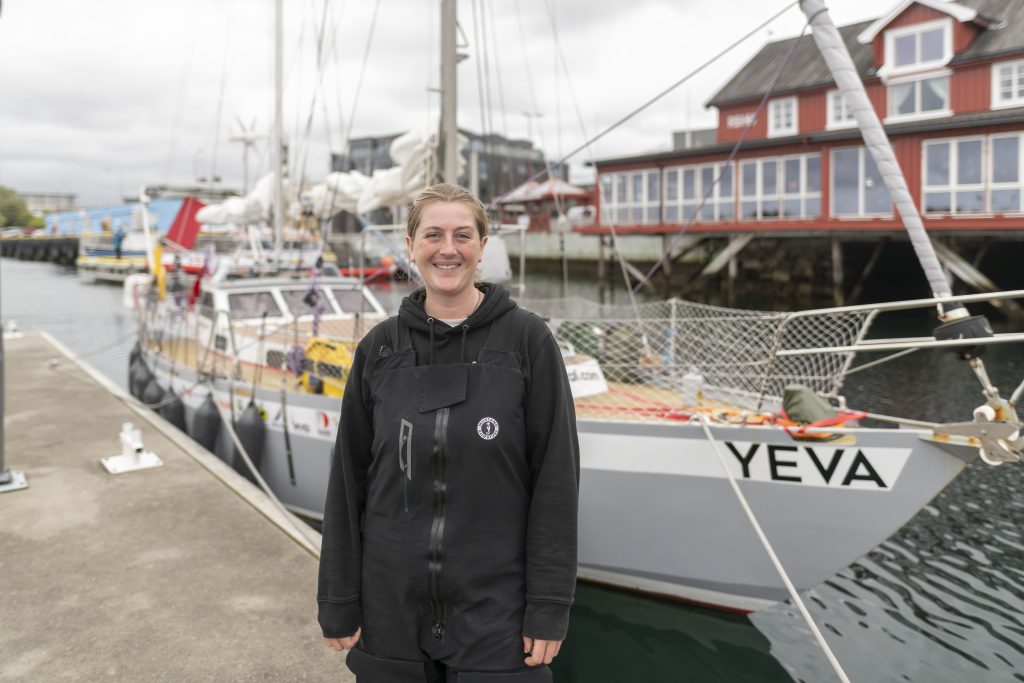
March 2025
“Since the last piece I wrote, there has been an incredible momentum carrying my campaign to attempt the first ever single-handed Arctic circumnavigation forward.
After finishing an extensive refit to my 38ft steel sailing yacht, Yeva, in June 2024, I set sail from Portsmouth to Stavanger on a sea trial, accompanied by sponsor and engineer-electrician Rick 2the Pirate” (Blackbeard Marine). After a couple of hiccups that we ironed out in Stavanger, Rick disembarked, and I continued my summer of training alone.
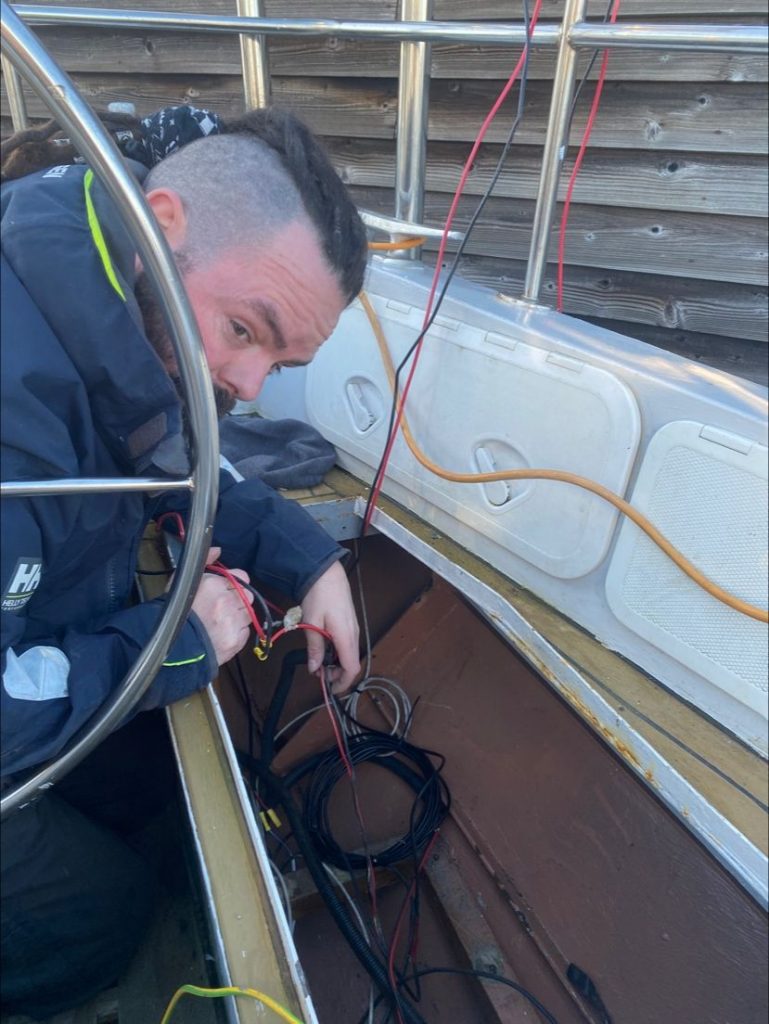
During this single-handed adventure, I made it all the way to the world’s most Northern settlement, deep within the Arctic Circle. Longyearbyen, Svalbard. At 78° North, Longyearbyen is much further into the Arctic than I will need to be for this year’s circumnavigation attempt and provided a wonderful training ground.
Crossing the Barents Sea (fondly referred to by sailors as the “Devil’s Dancefloor” for its renowned rough seas, as well as both endless fog and violent squalls), Yeva suffered total steerage failure and flooding. I managed to continue pumping the boat dry under hydro-vane steering, and once safely alongside (two days later), I was able to repair the boat.
I spent two fantastic weeks exploring Svalbard both by land and by sea and witnessed the wonders of the Arctic first-hand – a dream I’ve carried for many years finally coming true. I saw Arctic terns, walruses, puffins, and my favourite of all, an entire pod of beluga whales swimming up the fjord as they chased their lunch.
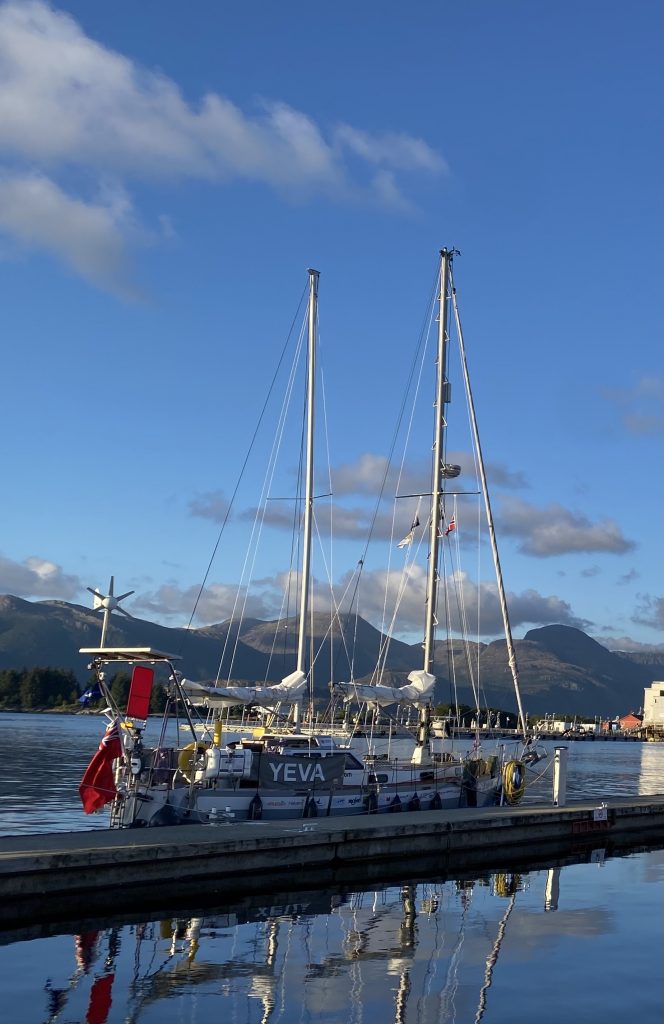
On the return voyage, I was star-struck by the Northern lights on multiple occasions. It was a testing outage that highlighted some issues with Yeva, which have since been resolved. Yeva has been undergoing another short refit period at the shipyard since October 2024.
I have now conducted further sea trials and am pleased with Yeva’s performance. I intend to slip lines from Haslar Marine on May 24th (weather allowing, of course, so the exact date could still change) to return to the Arctic once more, this time attempting the circumnavigation.
Over the last year, the campaign has been gaining a lot of attention – the British Scientific Exploration Society has endorsed it, and I am working closely with the International SeaKeepers Society to record the depth surroundings of the Arctic seabed as I go – information not yet readily available on published charts. I have also been invited to make a pre-recorded video explaining what I am doing and why, which will be played at the United Nations Ocean Conference in Nice on June 8th. It’s a huge honour.

As I gear up to go over the next two months, the jobs list on board is gradually slowing down, and I am able to set aside some time to rest and see family and friends. But I am, on the other hand, counting down the days until departure – and I feel ready!
“When I return from my circumnavigation, S/Y Yeva will be put up for auction, with all proceeds from her sale being donated to both Polar Bears International and Ocean Conservancy, enabling these two incredible charities to continue their hard work in preserving and conserving the Arctic.
If you’d like to follow along on my voyage, please visit my website, YouTube channel, and social media pages, all under the name ‘Ella in the Arctic‘. There will also be a live tracker on board, so you’ll be able to follow my progress in real time. Thank you!”
We will certainly be following the rest of Ella’s journey as she sets off on her incredible feat, and you can be involved too!
Ella is accepting letters, notes of encouragement, poems, and photographs so that she can have something to read when feeling low and tired. If you’d like to be a small part of this amazing adventure and help Ella achieve her goal, you can send your contributions before the deadline of May 18th to:
Ella Hibbert
Haslar Marina
Haslar Road
Gosport
PO12 1NU
We wish you the best of luck, Ella, and can’t wait to see how the rest of your progress goes!

